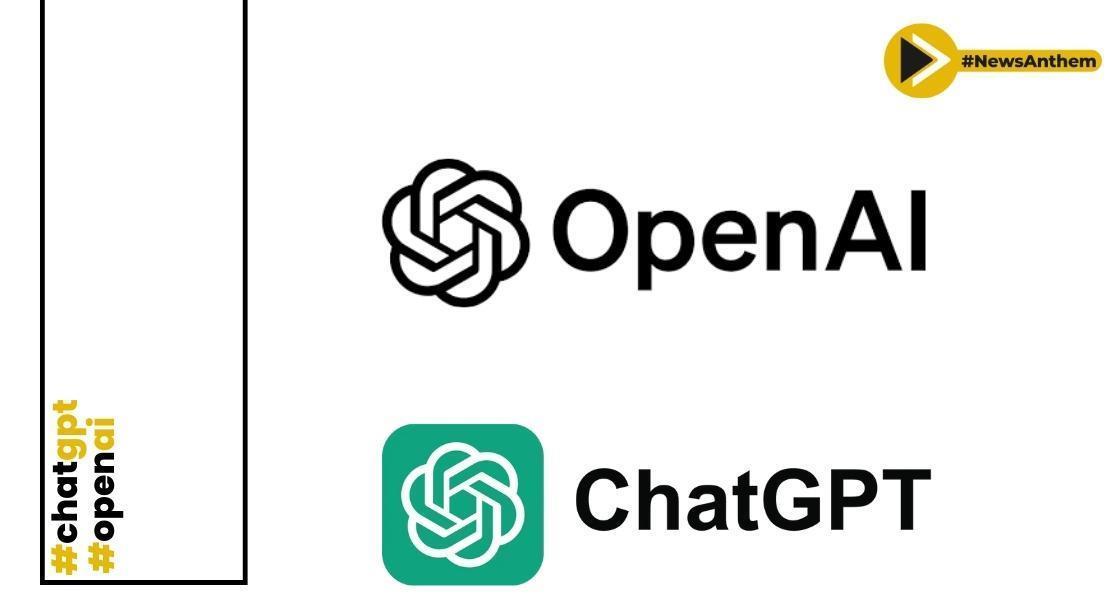OpenAI’s Codex AI Agent Now Available to ChatGPT Plus Users with Internet Access Enabled

News Synopsis
OpenAI has rolled out access to its advanced AI coding assistant, Codex, for ChatGPT Plus subscribers. Previously reserved for Enterprise, Team, and Pro users, this update opens the doors for individual developers and small teams to take advantage of Codex’s AI-powered programming capabilities. The tool is designed to help streamline software development by generating, testing, and debugging code efficiently.
Codex Gets Internet Access for Smarter Coding
One of the most significant updates to Codex is its new internet access feature. Developers can now enable the AI agent to connect to external resources during tasks. This capability allows Codex to:
-
Install dependencies
-
Interact with remote servers
-
Run tests requiring data fetched online
However, OpenAI has taken a secure-by-default approach. Internet access is turned off by default, and users can manually activate it. Developers can also restrict which domains Codex can access and which HTTP methods are permitted. This gives users fine-grained control over the coding environment’s connectivity and keeps the system secure.
Security Measures: Guarding Against Prompt Injection
OpenAI is taking steps to protect Codex from misuse. One particular concern is prompt injection attacks, where malicious prompts attempt to trick the AI into making unintended or harmful web requests. To address this, OpenAI has implemented real-time monitoring to detect and mitigate such activities, ensuring a secure and reliable experience for all developers.
New Voice Input Feature for Hands-Free Coding
In a move toward greater accessibility, OpenAI has added voice input functionality to Codex. Developers can now speak commands and instructions instead of typing them. This enhancement helps speed up coding workflows and is particularly useful for users with disabilities or those who prefer using voice commands over keyboards.
Smarter Pull Request Handling
Managing code changes has also become more efficient. Previously, Codex would generate a new pull request for every update. With the new system, it can now edit and update existing pull requests, reducing clutter and improving version control. This change is especially helpful for developers working on ongoing projects where continuous updates are needed.
Performance Enhancements and Platform Improvements
OpenAI has also improved Codex’s performance across several technical aspects:
-
Faster and more reliable setup scripts
-
Improved compatibility with iOS devices
-
Streamlined GitHub integration
-
Easier sign-in for teams using social login or SSO, now without requiring 2FA
These improvements aim to reduce friction and ensure Codex works smoothly across a wide variety of environments and devices.
What is Codex and How Does It Work?
Codex is embedded within ChatGPT and supports a range of developer tasks like writing new code, fixing bugs, and answering technical questions. Each task runs in an isolated sandbox, ensuring security and minimizing interference with your local development setup.
The AI is built on a special version of OpenAI’s o3 model, fine-tuned specifically for programming. It was trained using reinforcement learning on real-world software development workflows, allowing it to generate code that feels natural and human-like in both structure and readability.
How to Use Codex in ChatGPT
Using Codex is simple for Plus subscribers:
-
Go to the ChatGPT sidebar.
-
Choose “Code” to start a new programming task or “Ask” if you want help understanding existing code.
-
Codex will run the task in a secure workspace.
-
You can monitor its progress live as it writes, edits, or debugs your code.
Tasks typically range from a few minutes to half an hour, depending on complexity. This makes Codex an efficient coding partner for both quick fixes and complex feature development.
You May Like









